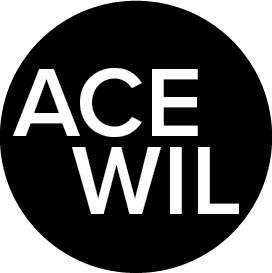While those deeply connected with work-integrated learning (WIL) programs often see examples of how WIL students have made an impact on the organizations they work with and the BC economy, the lack of a structured approach to gathering data has meant that post-secondary institutions (PSIs) may not have the data to back up their observations.
To fill that gap, the BC WIL Council undertook an initiative to develop the WIL Impacts Framework. This new framework will help PSIs capture data beyond the numbers of students and organizations taking part in WIL by focusing on five areas of impact.
“In sharing the stories of WIL impacts with stakeholders, such as with government or leadership within our PSIs, we want to go beyond the individual student experience,” explains Julie Walchli, past chair of the BC WIL Council and project lead. “Reliable data that demonstrates the impacts of WIL in key areas over time and across BC will help us to better understand how transformational post-secondary work integrated learning is.”
After a thorough review of regional WIL projects and over 40 publications, as well as a series of interviews with WIL experts and host organizations across Canada, five impact domains emerged: innovation capacities, community and economic development, productivity, talent development, and diversity and equity. From there, the framework was developed, with the goal that any PSI could easily conduct research on one or more of the domains and use this information to inform conversations with their key stakeholders regarding WIL programs.
The framework was designed to be easy to use, with each of the five domains outlined in its own module. Each module includes everything a PSI would need to assess impact in that area, including questions PSIs can ask in surveys and focus groups. As well, the framework includes tips for implementation, such as project plans, timelines and best practices for analysis.
“We’ve done our best to anticipate what WIL programs will need to plan, conduct and analyze their research,” shares Walchli. “We’re grateful to those who helped with the framework development and testing, particularly the cross-institutional steering committee that oversaw the work; your feedback has helped us to refine this tool for ease of use and value. I’d also like to acknowledge Dr. Camilo Peña, from UBC’s Planning and Institution Research team, who was the Research Analyst on the project.”
The full WIL Impacts Framework is available in the ACE-WIL Resource Hub.



